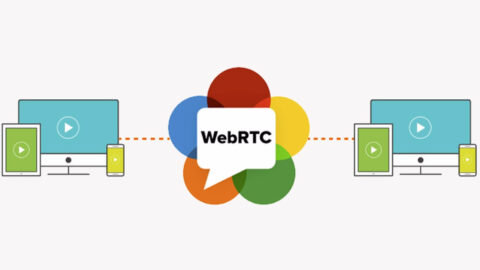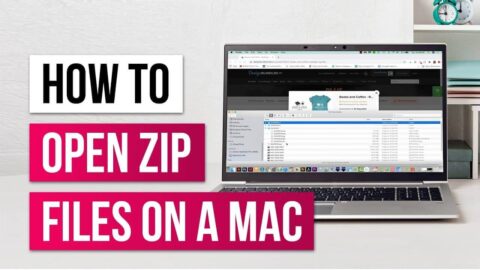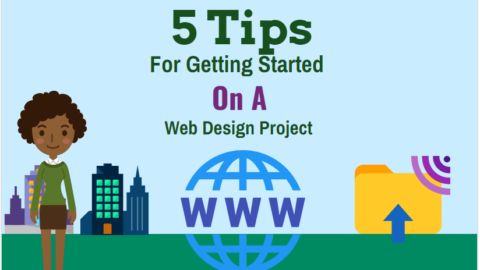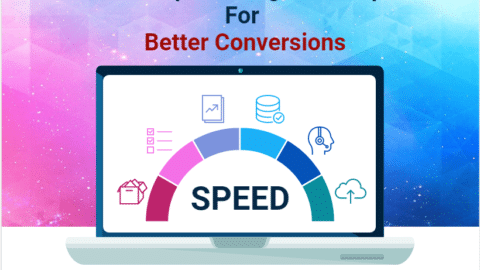Streamline Your Web Design with AI Website Templates
Are you looking to create a visually appealing and functional website without spending excessive time and resources on web design? Look no further than AI website templates. With the advancements in artificial intelligence (AI web design) technology, website design has become more accessible and efficient than ever before. In this article, we’ll explore the benefits of using AI website templates, how they work, and how to choose and implement them effectively.
Table of Contents
Introduction
In today’s fast-paced digital world, having a well-designed website is crucial for businesses, entrepreneurs, and individuals alike. However, the traditional approach to web design can be time-consuming, expensive, and often requires specialized technical skills. This is where AI templates come into play, revolutionizing the web design process by streamlining and automating many aspects.
What are AI website templates?
AI templates are pre-designed website layouts that utilize artificial intelligence algorithms to provide design suggestions and simplify the customization process. These templates are typically created by professional designers and developers who leverage AI technology to offer visually appealing designs that can be tailored to individual preferences and branding.
Benefits of using AI website templates
Time-saving
One of the primary advantages of using AI website templates is the significant amount of time they save. Traditionally, designing a website from scratch involves numerous design iterations and coding, which can be a lengthy and complex process. AI templates provide ready-made design frameworks, eliminating the need to start from scratch and enabling you to focus on content creation and other essential aspects of your website.
Cost-effective
In addition to saving time, AI website templates are also cost-effective. Hiring professional web designers can be expensive, especially for small businesses or individuals on a limited budget. AI templates offer an affordable alternative, allowing you to achieve a professional-looking website without breaking the bank.
Professional design
AI website templates are created by experienced designers who understand the principles of aesthetics, user experience, and modern design trends. These templates often incorporate the best practices in web design, ensuring that your website appears visually appealing and polished to visitors.
Customizability
While AI website templates provide a pre-designed framework, they also offer customization options to tailor the design to your specific needs. You can personalize colors, fonts, images, and layout elements to match your branding and create a unique online presence.

How AI website templates work
AI website templates rely on sophisticated algorithms to provide design suggestions and simplify the customization process. Here’s a step-by-step overview of how AI website templates work:
AI-powered design suggestions
AI algorithms analyze various design elements, such as color schemes, typography, and layout options. Based on these analyses, the AI generates design suggestions that align with modern design principles. These suggestions serve as a starting point for your website’s design and can be further customized according to your preferences.
Simplified customization process
AI website templates come with intuitive editing interfaces that simplify the customization process. You don’t need extensive coding knowledge or design skills to make changes to the template. The user-friendly interface allows you to modify content, rearrange sections, and adjust design elements with ease. This streamlined process enables you to create a personalized website without the complexities often associated with traditional web design.
Choosing the right AI website template
To make the most of AI, it’s essential to choose the right one for your specific needs. Consider the following factors when selecting a template:
Identify your website’s purpose and goals
Clearly define the purpose of your website and the goals you want to achieve. Are you creating an e-commerce site, a blog, or a portfolio? Understanding your website’s objectives will help you choose a template that aligns with your requirements.
Consider your target audience
Take into account your target audience’s preferences and expectations. Different industries and demographics may have specific design preferences. Ensure that the template you choose resonates with your target audience and enhances their user experience.
Evaluate design options
Explore different design options offered by AI website template providers. Consider factors such as layout flexibility, visual aesthetics, and the availability of industry-specific templates. Look for templates that reflect your brand identity and offer the desired level of customization.
Implementing AI website templates
Once you’ve selected the ideal AI website template, it’s time to implement it into your website. Follow these steps for a smooth implementation process:
Selecting a platform or CMS
Choose a website platform or content management system (CMS) that supports the AI website template you’ve selected. Popular options include WordPress, Wix, Squarespace, and Shopify. Ensure compatibility between the template and your chosen platform.
Installing and setting up the template
Once you have the platform in place, follow the instructions provided by the template provider to install and set up the template. This usually involves uploading the template files to your hosting account and configuring the necessary settings.
Customizing content and branding
Personalize the template by adding your content, such as text, images, and videos. Customize the template’s colors, fonts, and other design elements to reflect your branding. Pay attention to maintaining consistency throughout your website to create a cohesive and professional appearance.
Tips for optimizing AI website templates for SEO
While templates offer convenience and visually appealing designs, it’s essential to optimize them for search engines. Here are some tips to enhance your template’s SEO performance:
Keyword research and placement
Conduct thorough keyword research to identify relevant keywords for your website. Strategically incorporate these keywords into your content, headings, and metadata. Aim for a balance between optimization and maintaining natural-sounding content.
Optimizing meta tags and descriptions
Craft compelling meta tags and descriptions for your web pages. These elements provide concise summaries of your page’s content in search engine results. Incorporate relevant keywords and ensure they accurately represent the page’s content.
Structured data implementation
Implement structured data markup, such as schema.org, to provide search engines with additional information about your website’s content. This can enhance your website’s visibility in search results and improve the display of rich snippets.
Mobile responsiveness
Ensure that your website is mobile-responsive. With the increasing use of mobile devices for browsing, having a mobile-friendly website is crucial for SEO. Test your template’s responsiveness on different devices to ensure optimal display and user experience across various screen sizes.
Page loading speed
Page loading speed is a critical factor in SEO and user experience. Optimize your AI template by minimizing file sizes, optimizing images, and leveraging caching techniques. A fast-loading website improves user engagement and search engine rankings.
User-friendly URL structure
Review and customize the URL structure of your web pages. Use descriptive and keyword-rich URLs that accurately represent the content of each page. Avoid long, convoluted URLs and opt for clean and readable ones.
Potential limitations
While templates offer numerous benefits, it’s important to be aware of their potential limitations. Consider the following factors:
Lack of uniqueness
Since templates are pre-designed layouts, there’s a possibility that other websites might use the same template. While customization options can help make your website look unique, it’s important to consider the possibility of similarities with other websites using the same template.
Limited flexibility
AI templates provide a structured framework, which may limit flexibility compared to custom-designed websites. While customization options exist, they may have certain limitations in terms of design elements or layout modifications. Evaluate your specific needs and requirements to ensure that the template can accommodate them.
Compatibility issues
When using AI templates, compatibility with different browsers, devices, and plugins should be considered. Ensure that the template you choose is compatible with major browsers and is optimized for a variety of devices. Additionally, verify compatibility with any specific plugins or functionalities you may require.
Conclusion
These templates offer a streamlined and efficient approach to web design, saving time and resources while providing professional-looking results. With their AI-powered design suggestions and simplified customization process, these templates enable individuals and businesses to create visually appealing and functional websites without extensive design knowledge. However, it’s important to carefully consider your website’s goals, target audience, and customization needs when selecting an AI website template. Optimize your template for SEO, be mindful of potential limitations, and enjoy the benefits of an AI-powered web design solution.
FAQs on AI Web Design
1. Can I customize a template to match my brand’s colors and fonts?
Yes, AI website templates provide customization options for colors, fonts, and other design elements, allowing you to match your brand’s identity and create a unique online presence.
2. Are those AI website templates SEO-friendly?
Yes, AI website templates can be optimized for SEO. By implementing proper keyword research, meta tags, structured data, and ensuring mobile responsiveness, you can enhance the SEO performance of your template.
3. Can I use an AI website template with my preferred website platform or CMS?
Most AI website templates are compatible with popular website platforms and content management systems such as WordPress, Wix, Squarespace, and Hocoos. Make sure to check the compatibility before choosing a template.
4. Will my website look unique if I use an AI website templates?
While they offer customization options, there is a possibility that other websites may use the same template. However, by personalizing the template and adding unique content, you can create a distinct website that reflects your brand.
5. Are AI website templates suitable for all types of websites?
They cater to a wide range of website types, including e-commerce, blogs, portfolios, and more. Consider your specific needs and goals to choose a template that aligns with your website’s purpose.

11+ years strategic communications, marketing, and project management experience. I am a trainer at StarWood Training Institute, focusing on online courses for project management professionals.











